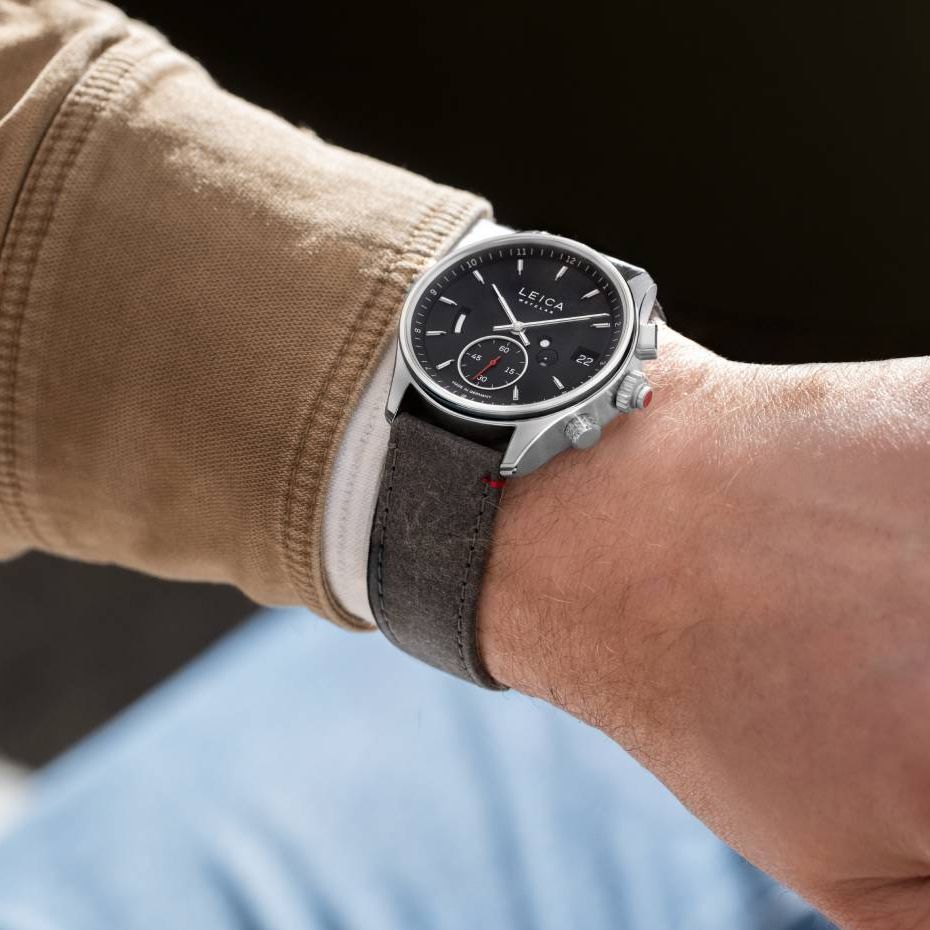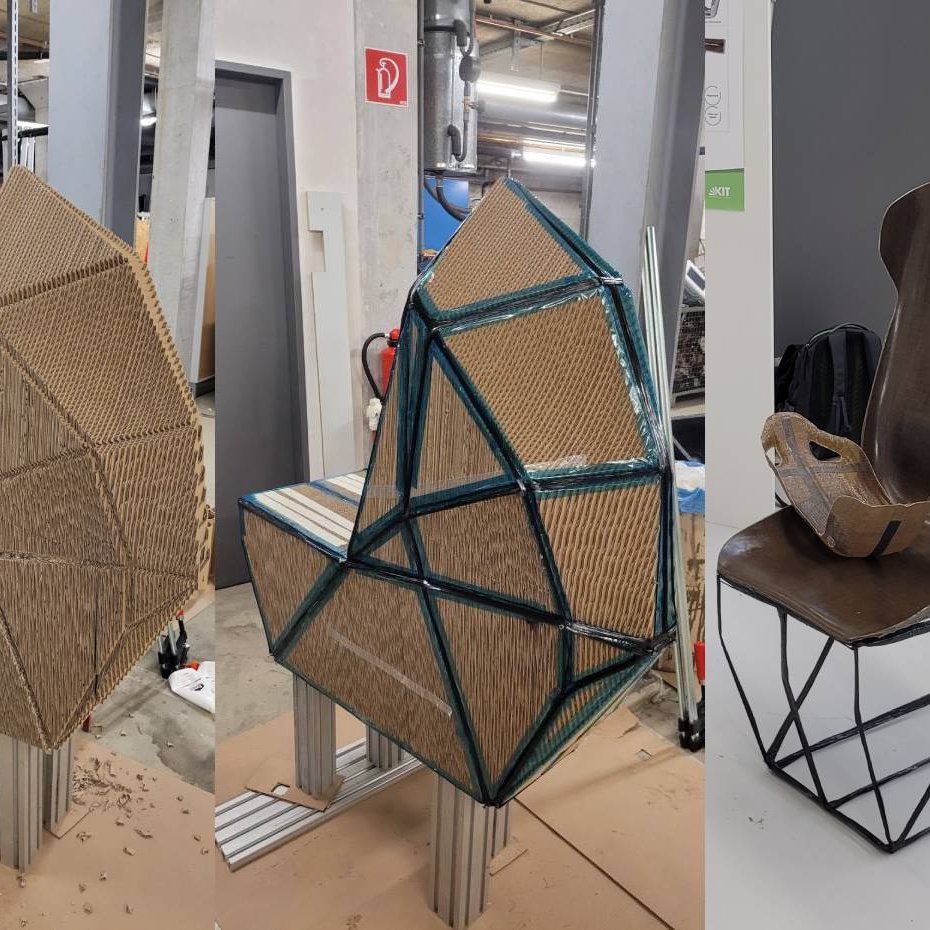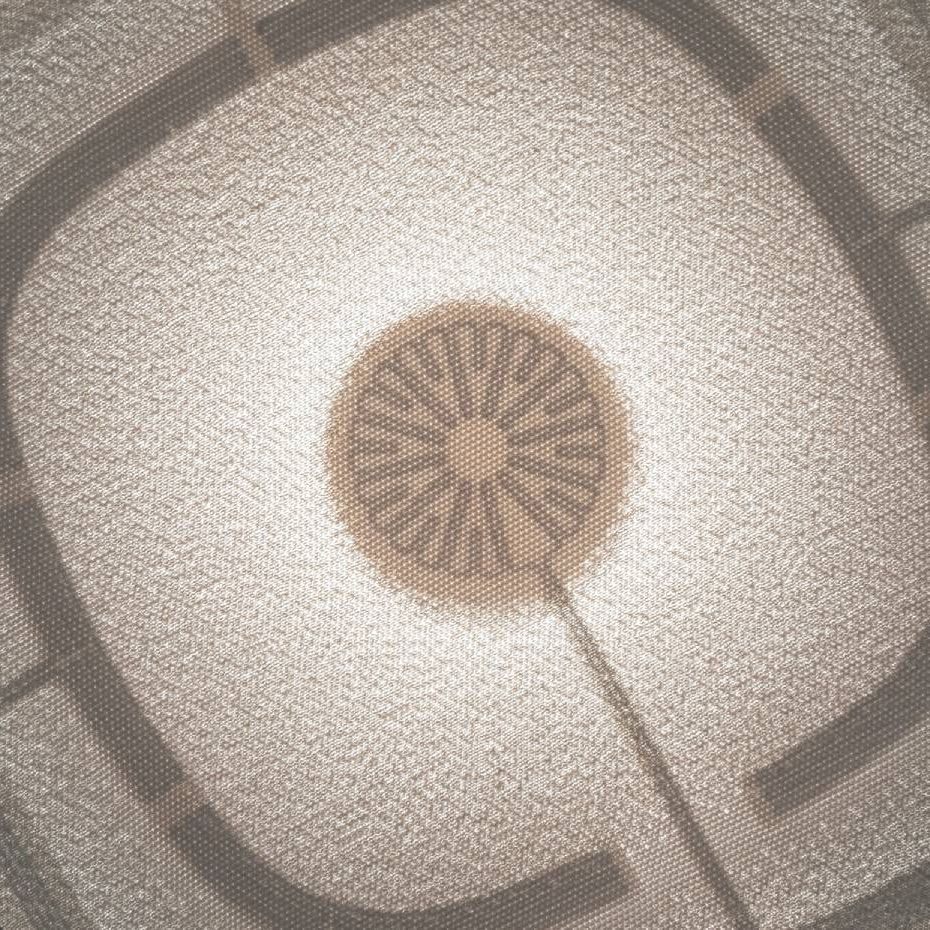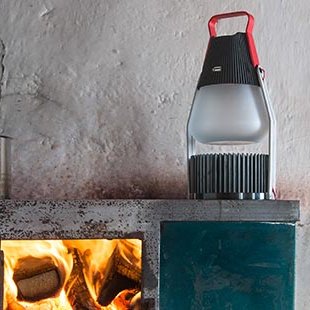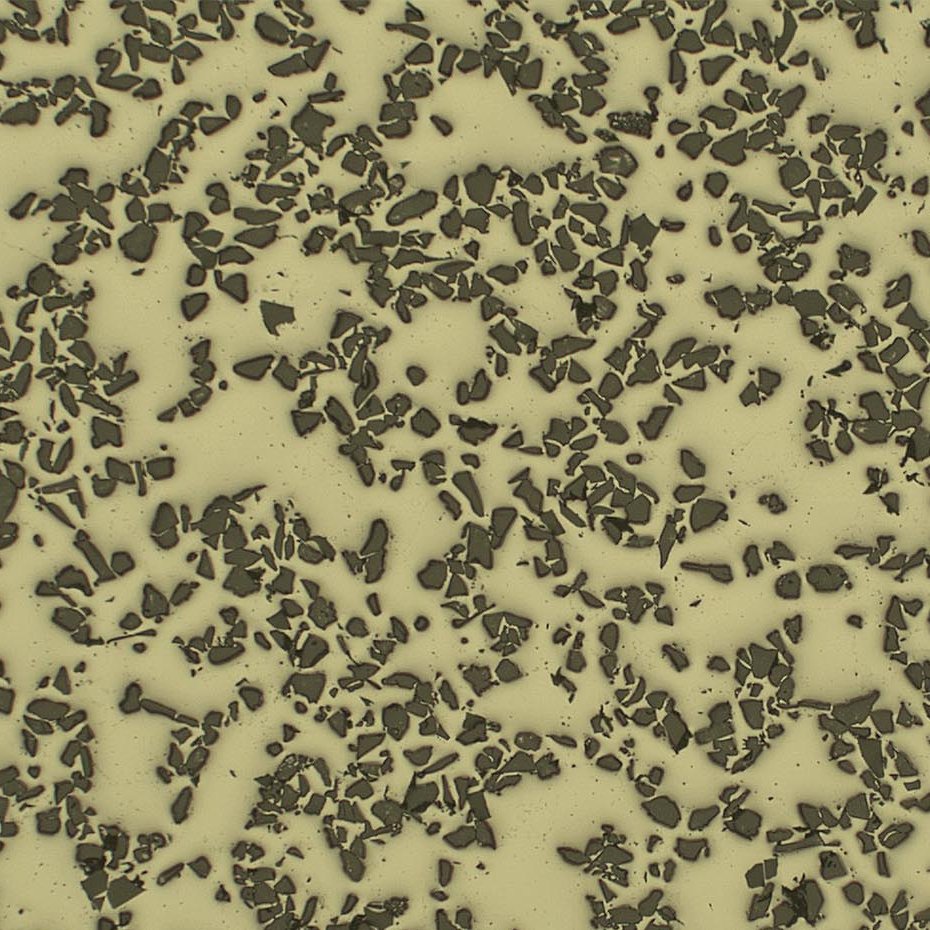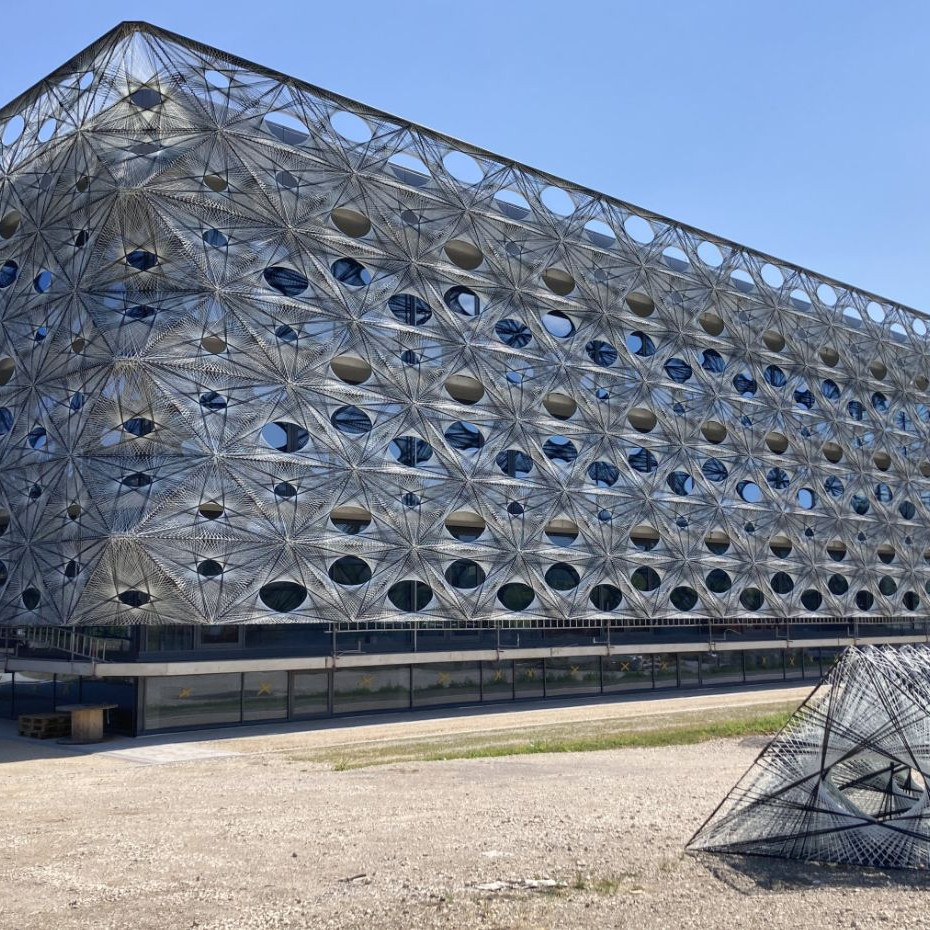
Material Revolution
Elly Li in conversation with Prof. Dr. Sascha Peters
16 February 2025
Elly Li: In your opinion, what are the defining trends shaping the furniture production and interior design industry today? How do you see these trends reflected in the nominated products or companies for the interzum guangzhou Award?
Sascha Peters: The furniture production and interior design industry is currently undergoing a major transformation towards a functioning circular economy and is aligning its corporate philosophy by redesigning its products. On the one hand, this involves using materials with particularly low carbon emissions and returning them to the cycle after the product’s life.
In some of the products nominated for the interzum guangzhou Award, this can be seen in the use of natural materials and bio-based raw material sources with significantly reduced emissions. If plastics or metals are used, the companies highlight their efforts to return the materials after product use.
Among all the submissions this year, which prominent features capture your interest the most (e.g., materials, technology, design philosophy)?
Sascha Peters: What impressed me most were the manufacturers who have embarked on the path of almost completely eliminating plastics and realizing the desired product properties with natural and biocircular materials. The fact that the value of bio-based raw materials is given as 98% or 99% shows how challenging the path is. But the big picture of what the future will look like is clear.
This year’s award-winning products include bio-based materials, glue-free connectors, digital design solutions, etc. From your perspective, which emerging fields will the “material revolution” in the furniture manufacturing industry focus on in the next five years?
The companies that have already embarked on the path of eliminating the use of plastics and offering 100% biocircular solutions will celebrate success in the next 5 years. Because customers want product offerings in which natural materials are not mixed with synthetic ones. The traceability of resources is currently the primary goal of most innovation processes. We are seeing more and more manufacturers whose products stand out with their adhesive-free constructions. The variety of alternative wood fiber boards based on fast-growing plants with biogenic binding agents is increasing.
What advice would you offer to the future participants of interzum guangzhou Award?
I would advise future participants of the interzum guangzhou Award to invest in solutions for the functioning of a circular economy. This can be achieved on the one hand by using pure materials. In addition, I would invest in the development of new Nature Tech materials. By this I mean solutions based on mechanisms from nature. In this way, substitutes for synthetic materials based on fast-growing plants can be found, as well as plastic-free binding mechanisms.
Looking ahead, what changes do you anticipate in the furniture production and interior design market over the next 3 to 5 years? How can industry stakeholders adapt to these shifts to maintain their influence?
Over the next 5 years, companies in the furniture production and interior design market will be forced to take measures to better and more specifically return the resources used in their products to the cycles. This includes the introduction of return systems, the development of a secondary market for their own products and the redesign of entire product groups so that consumers can return the materials used to the right cycles themselves. In addition, we will see a higher proportion of bio-based solutions in order to meet the major goal of a carbon-neutral way of life.
With his expertise as a materials and innovation expert, Prof. Dr. Sascha Peters is regularly appointed to the juries of design and ideas competitions.
An exhibition with selected submissions and the winners of the award will be displayed at this year’s interzum guangzhou from 28-31 March 2025.
image: Be.Yond wood fiberboard with a 98% organic content (source: Swiss Krono)
Leica watch strap made of
26 November 2025
Leica is now offering a hemp strap for mechanical watches made from LOVR. LOVR…
Natural fiber reinforced car seat
22 October 2023
The focus of the project "Design for Recycling" is a seat shell that is made…
Liquid Metal Dispensing
28 August 2025
By embedding conductive liquid metals in stretchable textiles and soft…
Furniture for the additive mass production
10 August 2024
The Swedish interior agency "Industrial Poetry" has investigated the inherent…
IGNIS – Light from waste heat energy
12 August 2020
The availability of affordable, independent and, above all, clean electrical…
Brake disc with reduced fine dust
21 April 2021
Fine dust endangers our health. One of the main sources is traffic, especially…
Texoversum
15 July 2023
With the "Texoversum", Reutlingen University has put into operation a training…
Bolometer chips for precise power measurement in fusion reactors
11 April 2025
At Fraunhofer IMM, a so-called bolometer chip was developed for precise power…
Xarvio – Digital Farming
8 January 2021
BASF Digital Farming GmbH has received the renowned Crop Science Award for the…
